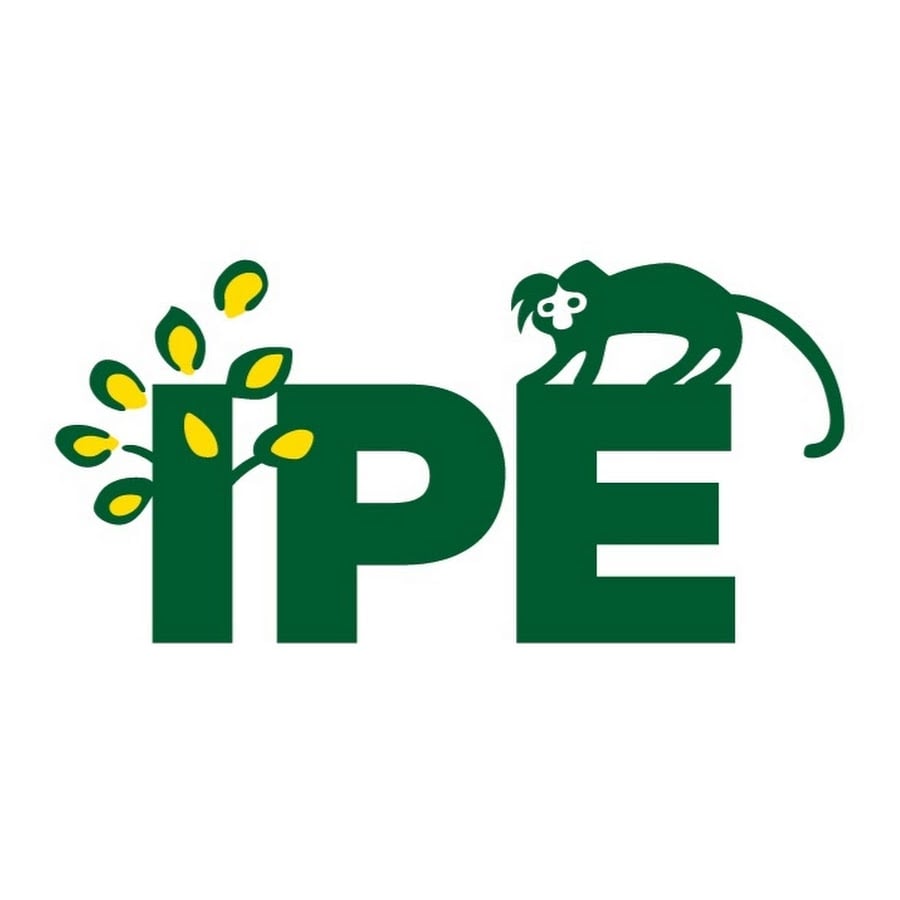::cck::807::/cck::
::introtext::
WeForest, a non-profit organization based in Belgium, raises funds from large companies and invests in restoration projects carried out by NGOs. In America, Brazil is the only country to be contemplated, while in Africa there are several countries and, at the moment, there is a finalizing project in India.
The proposal is the resource to be send to structured organizations with solid projects to establish the partnership. Together, partner and organization, outline the number of hectares to be reforested, and the restoration ways (whether they are going to use Permanent Protection Areas – PPA or agroforestry).
In the evaluation of the WeForest project manager, Cristina Vidal, in Pontal, the restoration chain goes beyond the environmental role, as it can also involve economic and social factors and the gender issue with the integration of women in the workforce, many of them are actually leading nurseries. Such benefits demonstrate that restoration brings improvements to the fauna, flora and preservation of water resources, and even goes beyond nature’s bias by also benefiting male and female labor and promoting life quality. “The work with IPÊ goes far beyond the planted hectares because these native Atlantic Forest seedlings came from nurseries that include the work of dozens of families. This impact of going beyond restoration itself (biological and ecological) is a combination that WeForest is keen to look at”, she points out.
In Brazil, in the evaluation of WeForest, IPÊ has a strong presence, it is one of the big NGOs with diversified projects in the regions: Pontal do Paranapanema, Nazaré Paulista, Baixo Rio Negro, Pantanal and Cerrado. Specifically in Pontal, according to her, the institution is known by the society for its responsible operation, which facilitates access to rural landowners, who provides portions of their land to be reforested and form corridors of life.
The New Forest Code in the state of São Paulo determines that rural properties must preserve or restore 20% of their area with Legal Reserve and Riparian Forest (protection of water resources). However, according to Cristina, it is not an easy task to convince large and small producers to apply the law on their land. “Getting areas for restoration is one of the bottlenecks of any environmental project, as much as the law requires, obtaining authorization to restore is not a simple job. And that is what IPÊ has done masterfully in the Pontal region”, she stresses. And it goes on.” In addition to getting the areas for planting, the institution built an entire production chain which involved the creation of nurseries, training of nurseries (seed collection, production and seedlings sales), and also the companies that make the planting and management of seedlings. At last, IPÊ is a very strong partner”, she reinforces.
Investment in Research
According to Vidal, WeForest also invests in scientific research. Currently, part of the resources are allocated in studies on the Newfor project – along with researchers from the Escola Superior de Agricultura Luiz de Queiroz (ESALQ).
In the region, researchers are studying the planted and its remaining forests. “As WeForest invests in restoration, it is also interesting to invest in research, since the study is exactly in the restored forests where the institution invests”, she explains.
According to the project manager, the institution finances Lidar flights that read the vegetation structure. Also it is planned to start in the first half of 2022 the financing for the installation of an audio recorder in the areas where Newfor reads the vegetation. The expectation is to record which animals live in the restored forests and native fragments. This proposal came from Laury Cullen Jr., project coordinator at IPÊ, to expand a project (in progress) with resources from CTG Brasil. “I believe it will be an interesting complement in the research area that will draw an overview of the forests in Pontal”.
::/introtext::
::fulltext::::/fulltext::
::cck::807::/cck::


